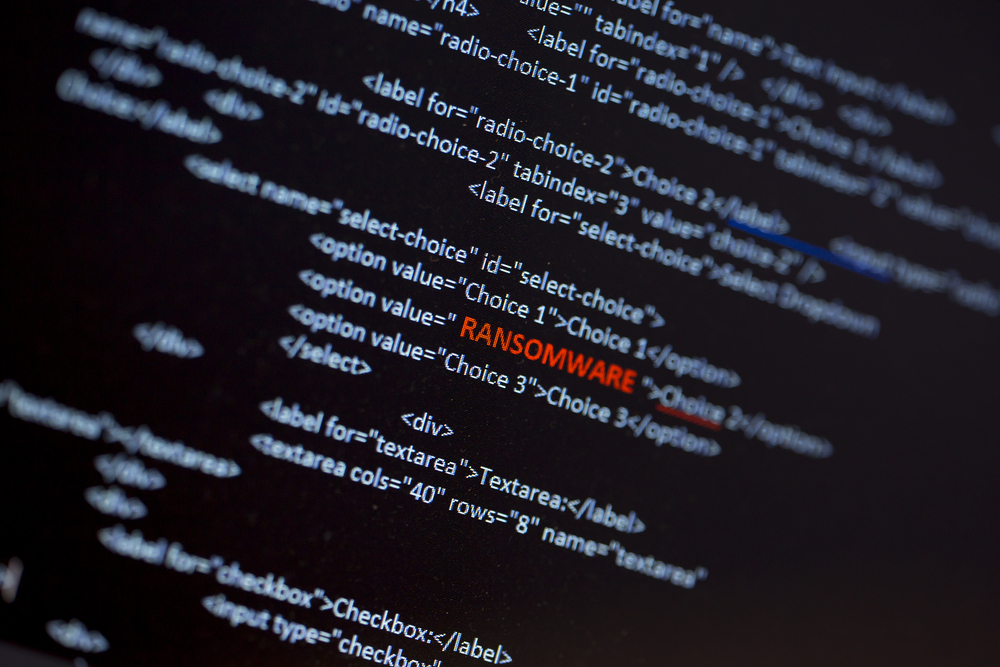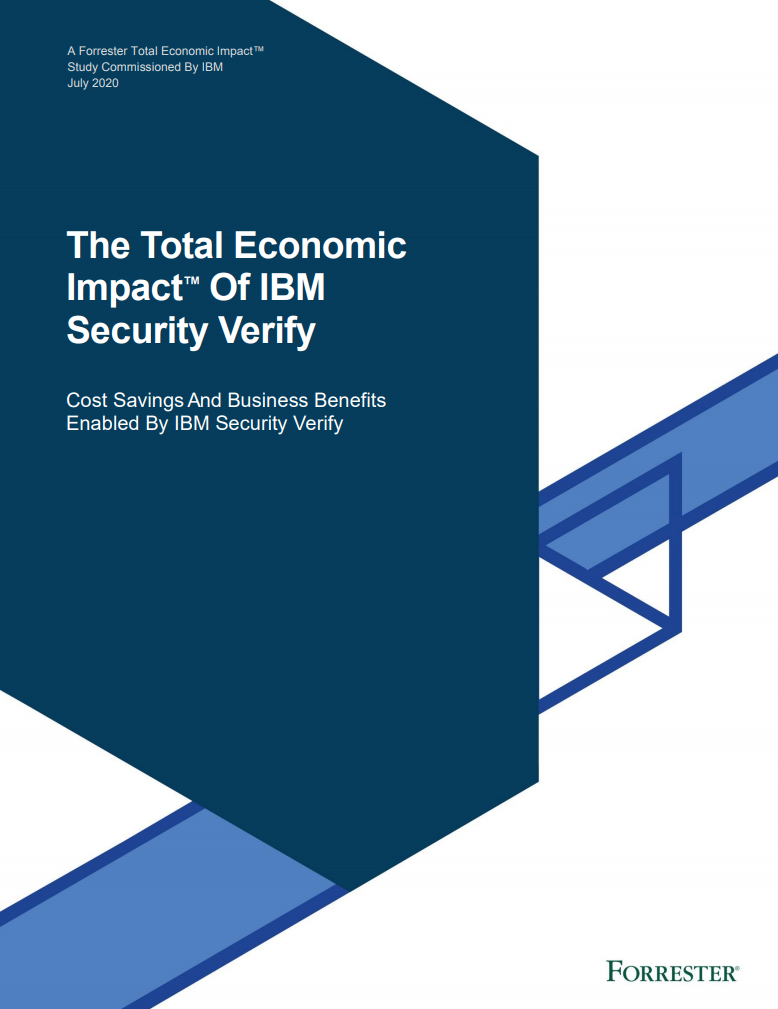Ransomware payments are declining as more victims refuse to pay
Coveware data shows that the average payment decreased by 34% to £112,800 in the fourth quarter of 2020


The average ransom payment to hackers decreased by more than a third in the fourth quarter of 2020 as more victims opted not to pay up.
That’s according to cyber security company Coveware, which found a sharp decline in the average and median payments that ransomware victims paid to attackers.
UK ransomware attacks surged 80% in latest quarter The truth about ransomware Ryuk ransomware earnings top $150 million
Coveware’s data, gathered from ransomware incidents the company helped companies respond to in Q4 2020, showed that average ransomware payments decreased by 34% to $154,000 (around £112,800) while median payments dropped 55% from $110,532 (£81,000) to $49,450 (£36,000) over the same period.
The findings indicate a reversal of a trend that saw average ransom payments steadily increase since at least Q4 2018. There was even an increase between the first and third quarter of last year, with average payments increasing from $111,605 (£81,000) to $233,817 (£171,000).
Coveware’s data also showed that fewer organisations gave in to cyber extortion demands if they had a chance to recover data from backups during the final quarter of 2020. Although seven in ten of the ransomware attacks responded to last quarter involved data exfiltration and the use of stolen data as leverage to try and force victims to pay, Coveware noted that victims are beginning to realise that doing so is unlikely to prevent the release of stolen data.
Around 60% of ransomware victims opted to pay in Q4, according to the findings, compared with almost 75% in the previous quarter, and Coveware noted that it continues to witness signs that stolen data is not deleted or purged after payment.
RELATED RESOURCE

The total economic impact of IBM Security Verify
Cost savings and business benefits enabled by IBM Security Verify
"Moreover, we are seeing groups take measures to fabricate data exfiltration in cases where it did not occur," the security firm said. "These tricks and tactics put a premium on ensuring that threats are thoroughly validated."
Get the ITPro daily newsletter
Sign up today and you will receive a free copy of our Future Focus 2025 report - the leading guidance on AI, cybersecurity and other IT challenges as per 700+ senior executives
Phishing emails and exploitation of Remote Desktop Protocol (RDP) are the most common methods for ransomware attacks, the cyber security company found.
This is the first quarter since Coveware has been tracking data that RDP compromise has not been the primary attack vector. The company said that malware such as Trickbot and Emotet favour widespread phishing campaigns as their primary delivery mechanism.
"Unlike ransomware malware, these threats possess worming capabilities that allow them to stealthily proliferate through a high volume of enterprise networks," Coveware commented. "There they lay down secure footholds that are sold further down the supply chain to ransomware actors. We expect a reshuffling of attack vectors to occur in the wake of the Emotet takedown."
Carly Page is a freelance technology journalist, editor and copywriter specialising in cyber security, B2B, and consumer technology. She has more than a decade of experience in the industry and has written for a range of publications including Forbes, IT Pro, the Metro, TechRadar, TechCrunch, TES, and WIRED, as well as offering copywriting and consultancy services.
Prior to entering the weird and wonderful world of freelance journalism, Carly served as editor of tech tabloid The INQUIRER from 2012 and 2019. She is also a graduate of the University of Lincoln, where she earned a degree in journalism.
You can check out Carly's ramblings (and her dog) on Twitter, or email her at hello@carlypagewrites.co.uk.
-
 Should AI PCs be part of your next hardware refresh?
Should AI PCs be part of your next hardware refresh?AI PCs are fast becoming a business staple and a surefire way to future-proof your business
By Bobby Hellard
-
 Westcon-Comstor and Vectra AI launch brace of new channel initiatives
Westcon-Comstor and Vectra AI launch brace of new channel initiativesNews Westcon-Comstor and Vectra AI have announced the launch of two new channel growth initiatives focused on the managed security service provider (MSSP) space and AWS Marketplace.
By Daniel Todd
-
 ‘Phishing kits are a force multiplier': Cheap cyber crime kits can be bought on the dark web for less than $25 – and experts warn it’s lowering the barrier of entry for amateur hackers
‘Phishing kits are a force multiplier': Cheap cyber crime kits can be bought on the dark web for less than $25 – and experts warn it’s lowering the barrier of entry for amateur hackersNews Research from NordVPN shows phishing kits are now widely available on the dark web and via messaging apps like Telegram, and are often selling for less than $25.
By Emma Woollacott
-
 Healthcare systems are rife with exploits — and ransomware gangs have noticed
Healthcare systems are rife with exploits — and ransomware gangs have noticedNews Nearly nine-in-ten healthcare organizations have medical devices that are vulnerable to exploits, and ransomware groups are taking notice.
By Nicole Kobie
-
 Alleged LockBit developer extradited to the US
Alleged LockBit developer extradited to the USNews A Russian-Israeli man has been extradited to the US amid accusations of being a key LockBit ransomware developer.
By Emma Woollacott
-
 February was the worst month on record for ransomware attacks – and one threat group had a field day
February was the worst month on record for ransomware attacks – and one threat group had a field dayNews February 2025 was the worst month on record for the number of ransomware attacks, according to new research from Bitdefender.
By Emma Woollacott
-
 CISA issues warning over Medusa ransomware after 300 victims from critical sectors impacted
CISA issues warning over Medusa ransomware after 300 victims from critical sectors impactedNews The Medusa ransomware as a Service operation compromised twice as many organizations at the start of 2025 compared to 2024
By Solomon Klappholz
-
 Warning issued over prolific 'Ghost' ransomware group
Warning issued over prolific 'Ghost' ransomware groupNews The Ghost ransomware group is known to act fast and exploit vulnerabilities in public-facing appliances
By Solomon Klappholz
-
 The Zservers takedown is another big win for law enforcement
The Zservers takedown is another big win for law enforcementNews LockBit has been dealt another blow by law enforcement after Dutch police took 127 of its servers offline
By Solomon Klappholz
-
 There’s a new ransomware player on the scene: the ‘BlackLock’ group has become one of the most prolific operators in the cyber crime industry – and researchers warn it’s only going to get worse for potential victims
There’s a new ransomware player on the scene: the ‘BlackLock’ group has become one of the most prolific operators in the cyber crime industry – and researchers warn it’s only going to get worse for potential victimsNews Security experts have warned the BlackLock group could become the most active ransomware operator in 2025
By Solomon Klappholz